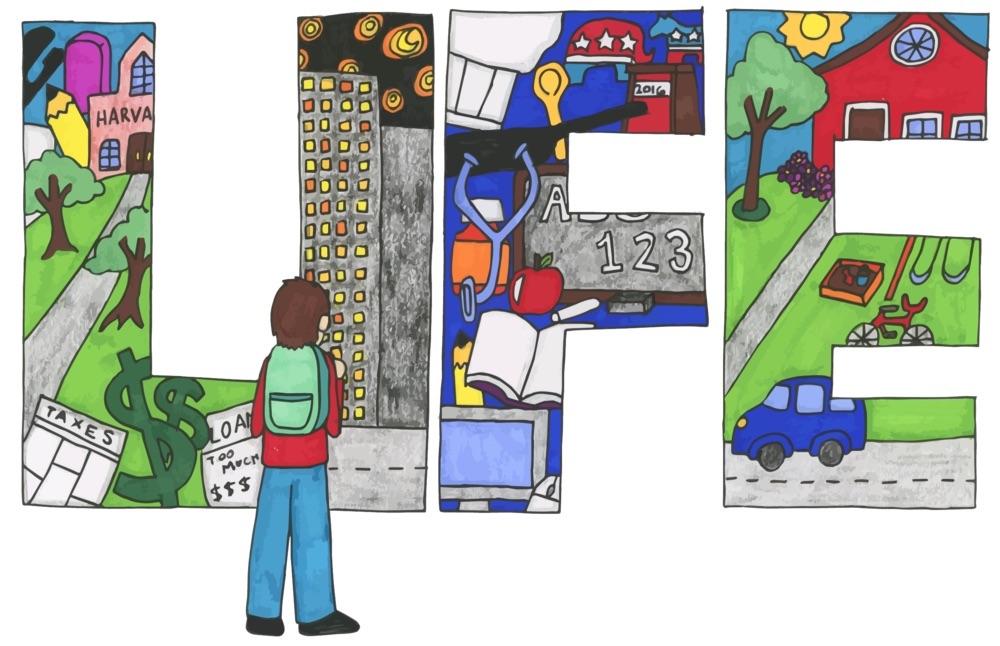It’s common to search for the cheapest way to earn a four-year degree with the rising cost of higher education. However, despite a plethora of economical alternatives, a liberal arts education provides an incomparable experience that fosters growth in essential life skills.
Approximately 30.4 percent of adults 25 or older hold bachelor’s degrees, according to a 2012 United States Census Bureau report. Only two percent of that number studied at a liberal arts institution, according to Macomb Daily. The publication found that students see liberal arts-focused institutions as a waste of time due to the extra course load for all majors. What students fail to realize, though, is that a liberal arts education molds well-rounded individuals that are attractive to the job market.
A liberal arts education encourages critical thinking. Students are given an opportunity to grapple with tough issues, draw individual conclusions and learn from one other through the process. Professors emphasize facilitating, rather than simply lecturing, and give students a platform to share ideas while defending their beliefs. Students are not just told what to think, but are encouraged to decide how to think. The ability to reason through complex issues is not only important for students as future members of the workforce, but as members of the world.
Through experiencing this type of education, students are prepared to thrive in disparate environments by learning skills usable in life and work, making students versatile. Being insightful and intellectually curious enables students to take learning beyond the classroom and absorb different perspectives to gain a fuller understanding of life.
Approximately 73 percent of business leaders confirmed that a wide range of abilities is more attractive than expertise in a sole area, according to The Huffington Post. The leaders argued that “softer” skills, such as oral communication and problem-solving skills, should be at the top of the list of skills to acquire. An education at a liberal arts institution naturally provides these skills, which is evidenced by courses required for all majors to gain a deeper understanding of the world.
While a liberal arts education is not the only avenue to acquiring necessary life skills, it provides a foundation for combining these life skills with disciplines of students’ choice. It also prepares them for the job market. Without the development of these skills, up-and-coming global leaders are limited in the ways they think and respond to the environment around them. Being able to analyze, evaluate and conclude leads to mental strength and greater success in personal and professional spheres. Fortunately, we attend Whitworth.
Contact Remi Omodara at romodara14@my.whitworth.edu








 Spokane?
Spokane?